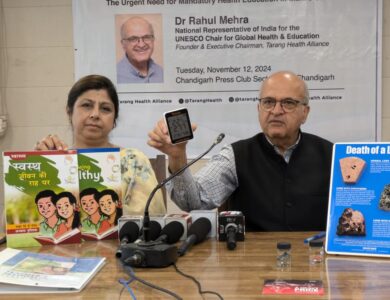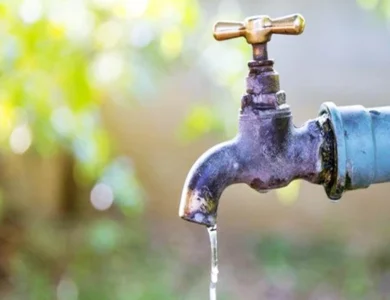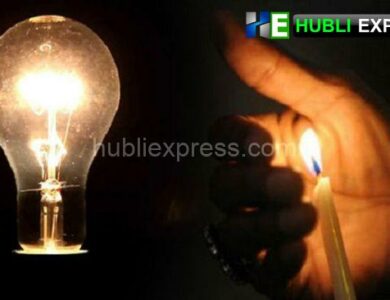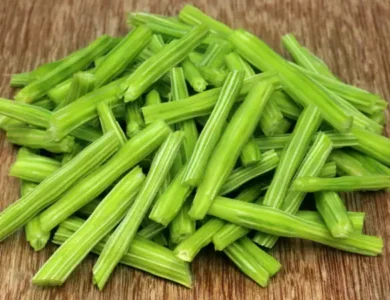KIMS Hubballi Achieves Milestone as State’s First Government Institute to Establish Bone Bank
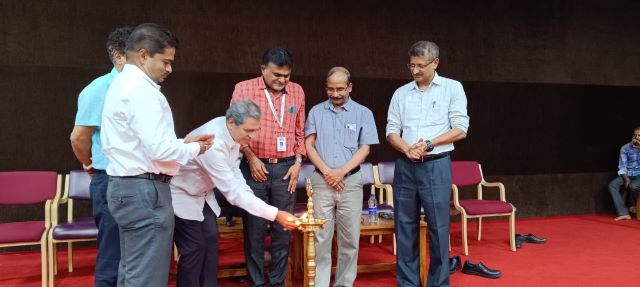
Hubballi: In a ground-breaking development, the Karnataka Institute of Medical Science (KIMS) in Hubballi has once again demonstrated its commitment to advancing healthcare by becoming the first government institute in the state to house a Bone Bank.
Renowned for its exemplary healthcare services, KIMS unveiled the new facility in collaboration with BMST on Wednesday. The inauguration ceremony, led by KIMS Director Dr. Ramalingappa Antartani, marked a significant leap forward in the institute’s capabilities to cater to the diverse medical needs of the population in north Karnataka.
Dr. Ramalingappa expressed his joy at inaugurating this critical facility, emphasizing its potential to benefit economically disadvantaged patients in need of fracture treatments, joint replacements, dental surgeries, and reconstructive surgeries. He extended gratitude to BMST for their invaluable support, citing their contribution of over 200 units of tested PRC (Packed Red Cells) to KIMS every month.
Future Outlook – Beyond Bones: Human Milk Bank and Potential Semen Bank
The director also shared plans for additional banks in the future, including a Human Milk Bank and potentially a Semen Bank. Dr. Ramalingappa hinted at the establishment of a semen bank while lamenting the delay in materializing a skin bank due to technical challenges.
Orthopedics Department Applauds the Significance of the Bone Bank
Dr. Suryakant Kalluraya, Head of the Orthopedics Department, highlighted the immense benefits the Bone Bank would offer to patients, particularly those with fractures, extensive bone damage, or requiring joint replacements. Bone grafts sourced from the bank are crucial for facilitating faster healing and enhancing overall treatment outcomes.
Dr. Parag Melawanki, President of the Orthopedic Doctors Association Hubballi, commended KIMS for its commitment to providing top-notch facilities, emphasizing the significance of addressing bone loss. He urged KIMS authorities to consider establishing a bone culture facility to further enhance the institute’s capabilities.
Dr. AA Hosangadi emphasized the real-world impact of the Bone Bank, describing it as a means of extracting value from waste. He noted that bones, often discarded as biomedical waste after procedures, could now be repurposed to provide readily available bone grafts, ensuring timely and effective treatments for patients requiring bone-related interventions.
The ceremony, attended by Dr. Purushottam Reddy (HoD of the Pathology Department), Dr. Narsimha Nayak of BMST, and Dr. Manjunath Vijapur,


